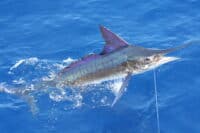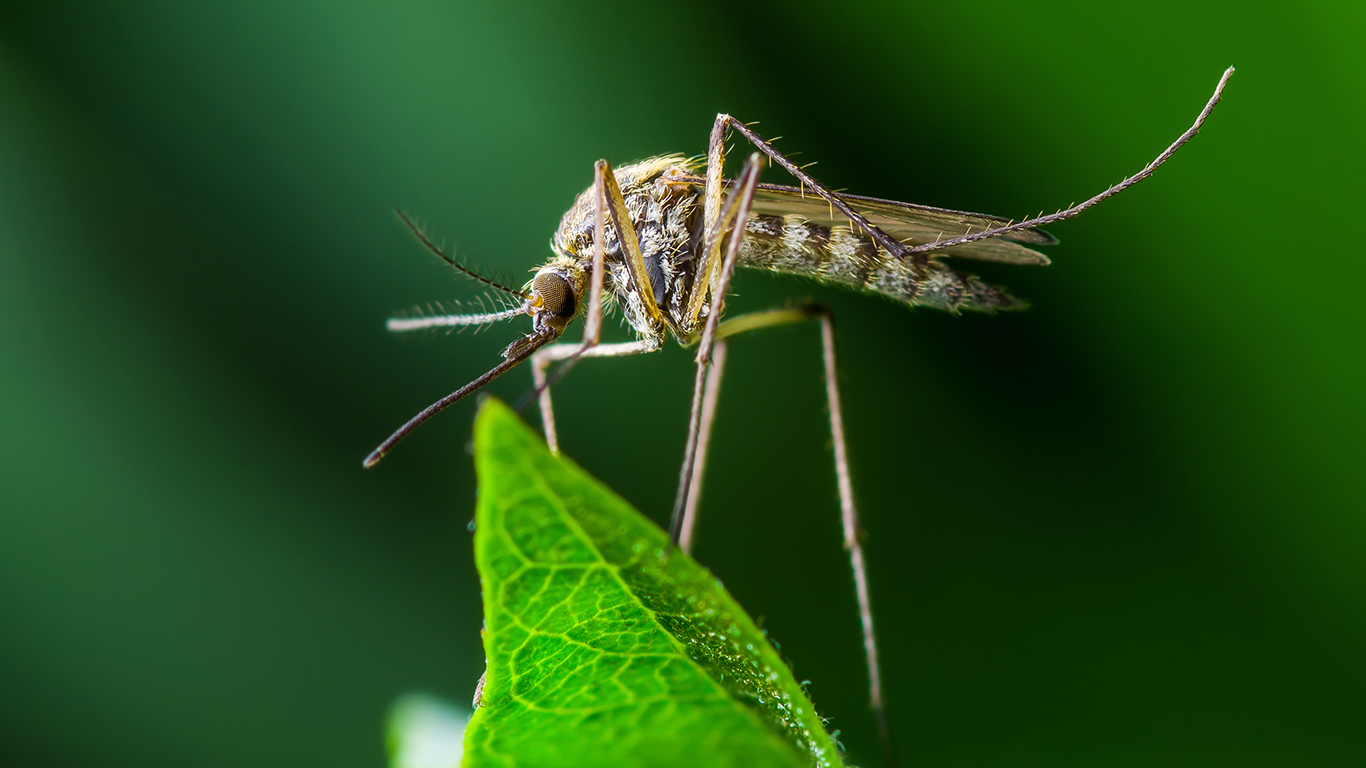
What are mosquitoes good for? You might be asking that question on a summer evening as you’re sipping your drink of choice and the pesky pests arrive to spoil the mood.
There are as many as 3,500 species of mosquitoes, some of which can be found as far north as the Arctic. Fossil records indicate mosquitoes have been here for 200 million years, long before humans. Only a few hundred of these species bite or bother humans. Only the females sting humans and other animals, and they do so to draw protein from blood needed to lay their eggs.
Not all varieties of these insects carrying horrible diseases such as Zika, the West Nile virus, and malaria. Scientists call such mosquitoes “vectors” that transmit diseases. The nasty species Aedes aegypti carries the viruses that cause dengue fever, yellow fever, Chikungunya, and Zika.
So what are mosquitoes good for? 24/7 Tempo looked for answers to that question by reviewing scientific sources such as Nature.com and consulting experts such as Nora J. Besansky, O’Hara Professor, Associate Chair, Evolutionary, Ecological and Functional Genomics of Malaria Vectors at the University of Notre Dame, and an expert on mosquitoes.
Since most mosquito species don’t carry diseases, they are harmless creatures, and their impact on nature is mostly benign. They are a food source for other animals and are also pollinators, and have other benefits to the ecosystem.
But their existence to the environment is not crucial. Scientists believe nature could adjust to a world without mosquitoes. But they would not want to eliminate mosquitoes until we are fully aware of the purpose they serve in nature.
Eradicating deadly mosquito species from parts of Africa and Asia would reduce the burden of health-care systems in those areas and fewer people would die. Indeed, mosquitos are certainly not as essential to the ecosystem as other insects. Here is a list of crops that would be most affected if honey bees disappeared.
Click here to see 10 things mosquitoes are good for
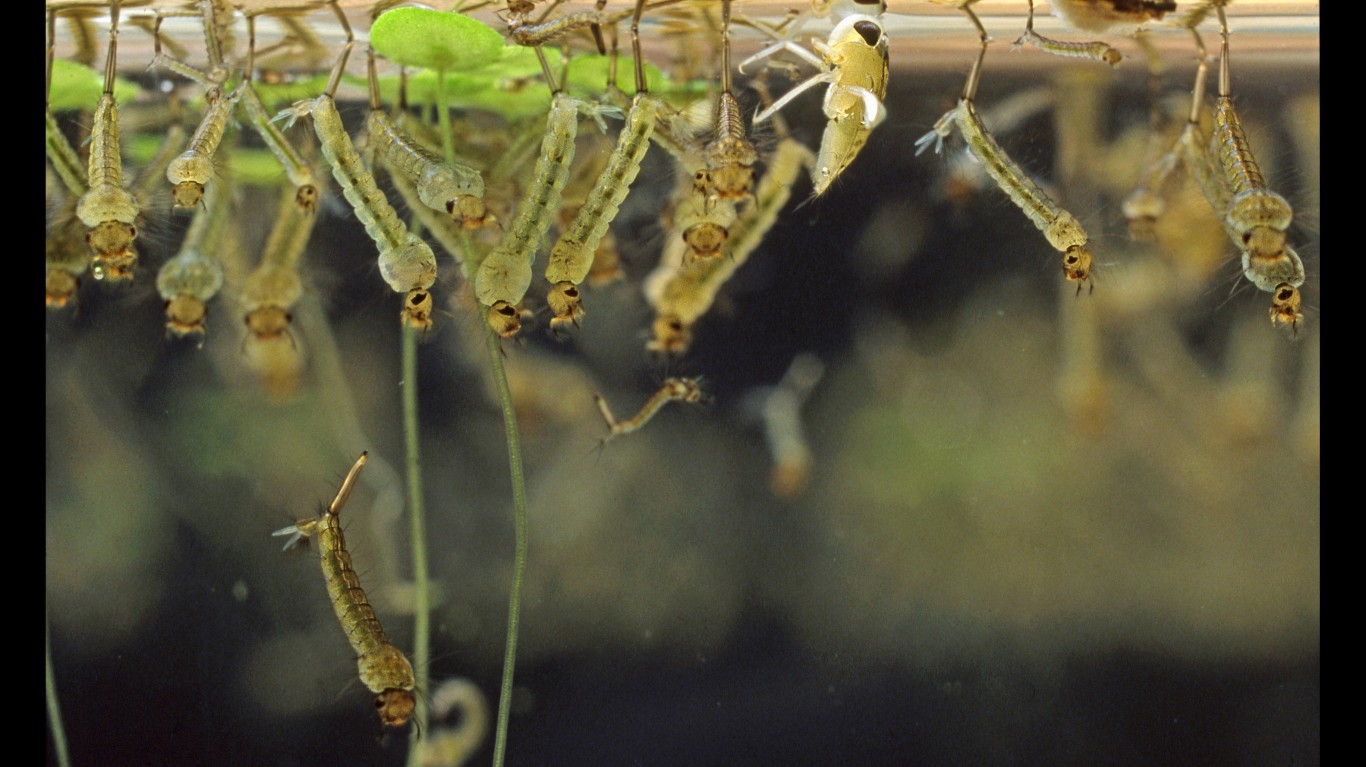
1. Larvae are food for other larvae
Mosquito larvae are a food source for other kinds of larvae.
[in-text-ad]
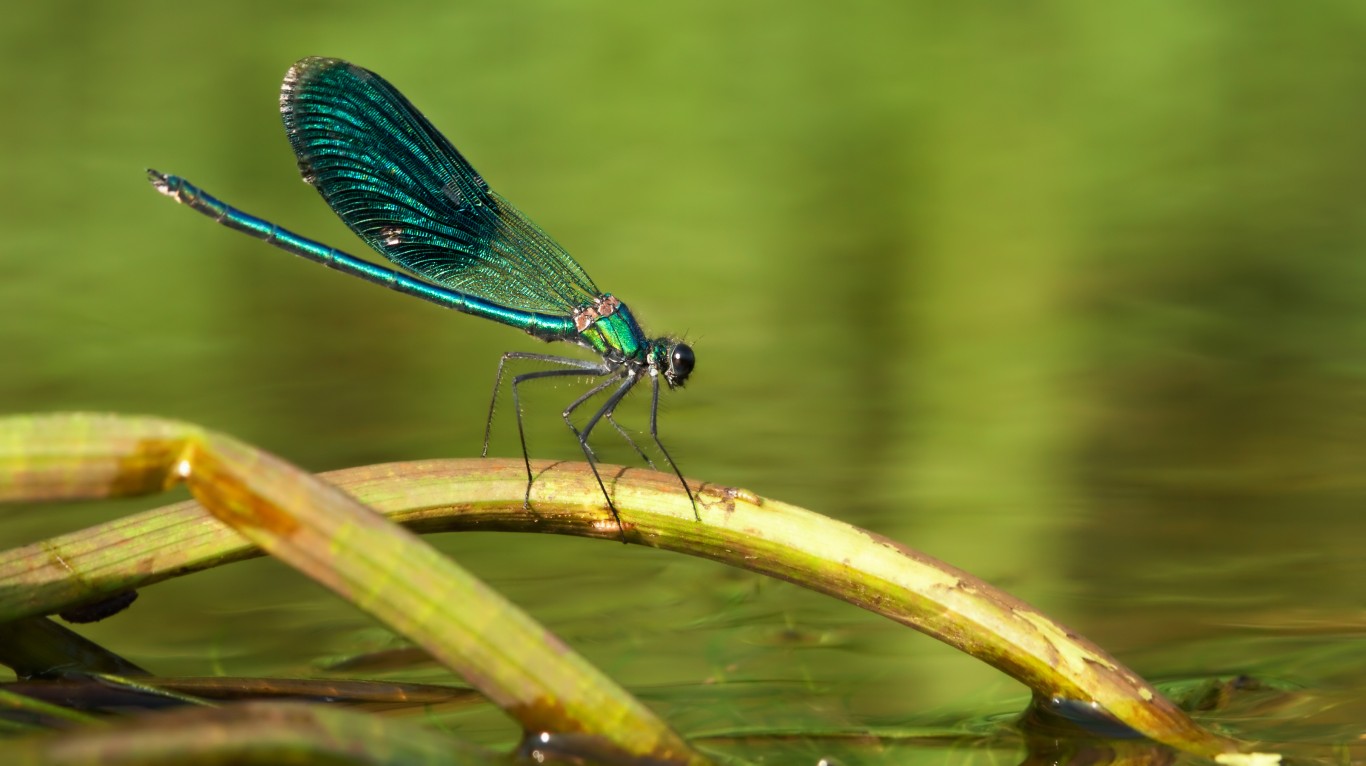
2. Larvae are food for other insects
Larvae are also a meal for insects such as dragonflies.
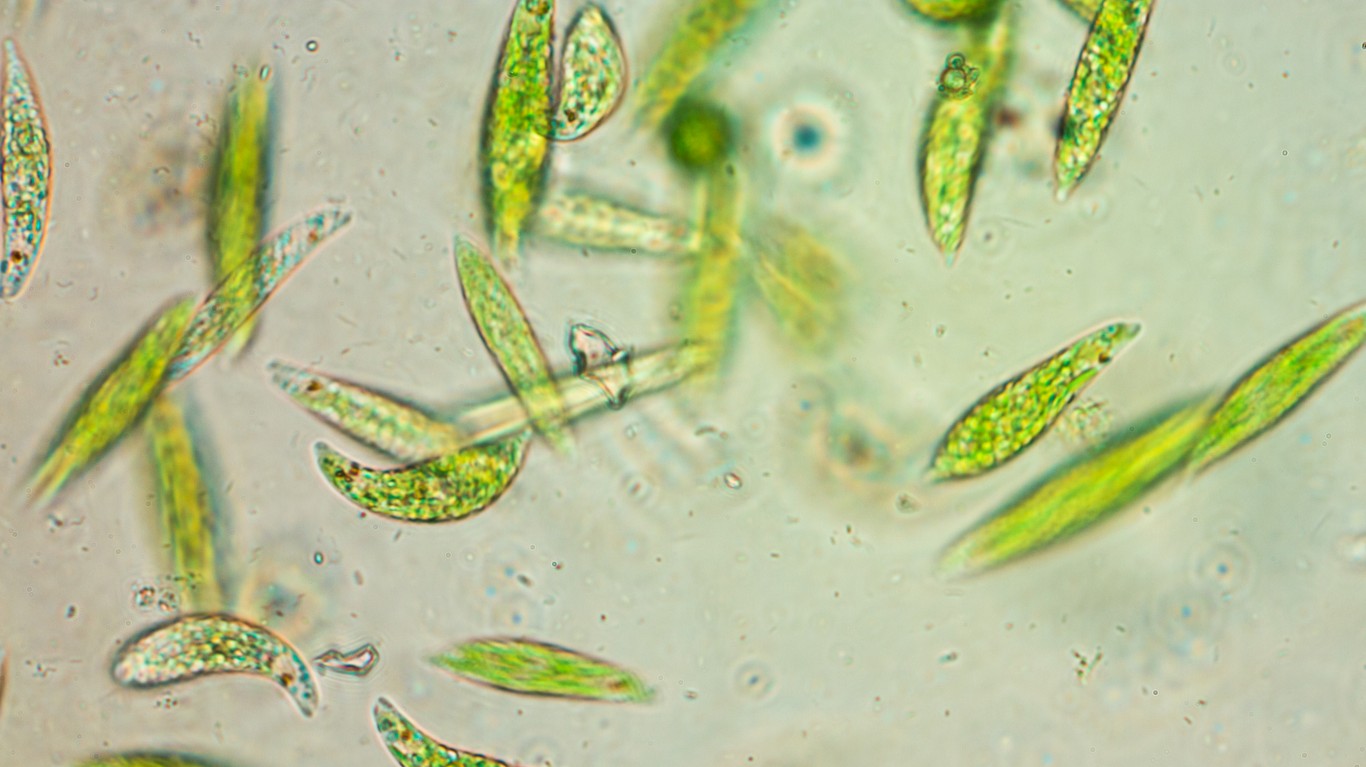
3. Protozoan diversity
Canadian ecologist John Addicott observed in 1974 that there was more protozoan diversity with mosquito larvae. Addicott believed that as larvae feed, they reduce the number of dominant species of protozoa, providing for greater diversity.
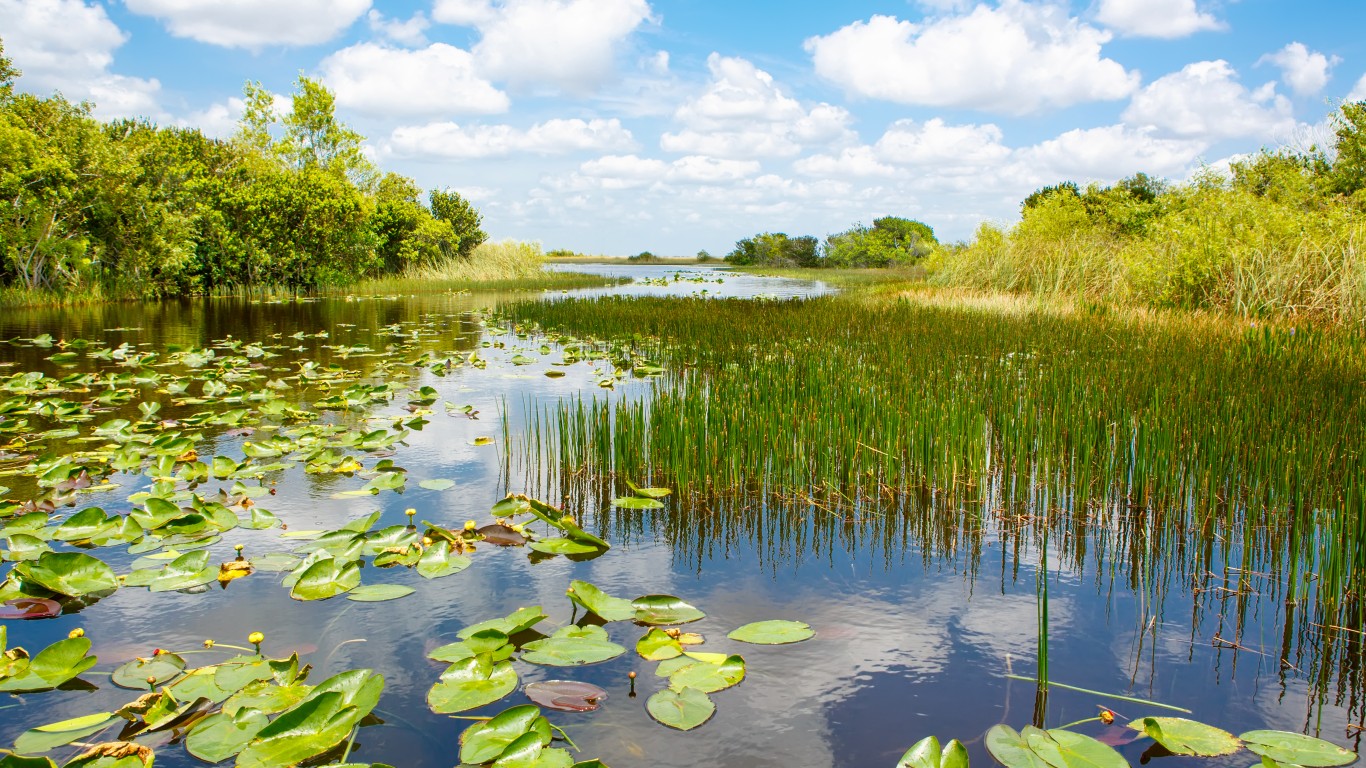
4. Putting nutrients into ecosystem
Mosquito larvae consume a lot of organic matter in wetlands, helping recycle nutrients back into the ecosystem.The larvae strain organic particles through their systems and convert this material into their own tissue matter.
[in-text-ad-2]
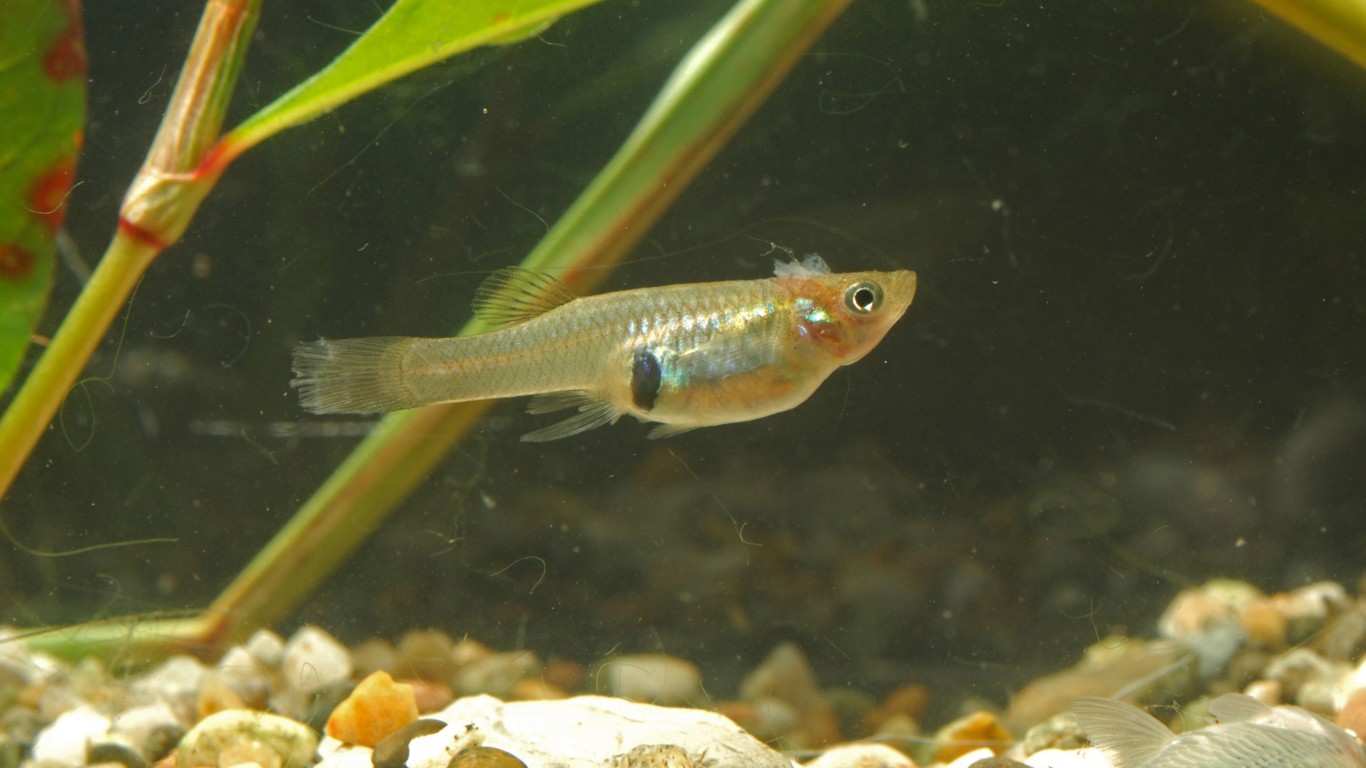
5. Larvae are fish food
Mosquito larvae are food for fish and play a role in the aquatic food chain. Some fish such as the mosquitofish might become extinct but scientists believe other fish would adjust to an environment without mosquitoes and find other food sources.
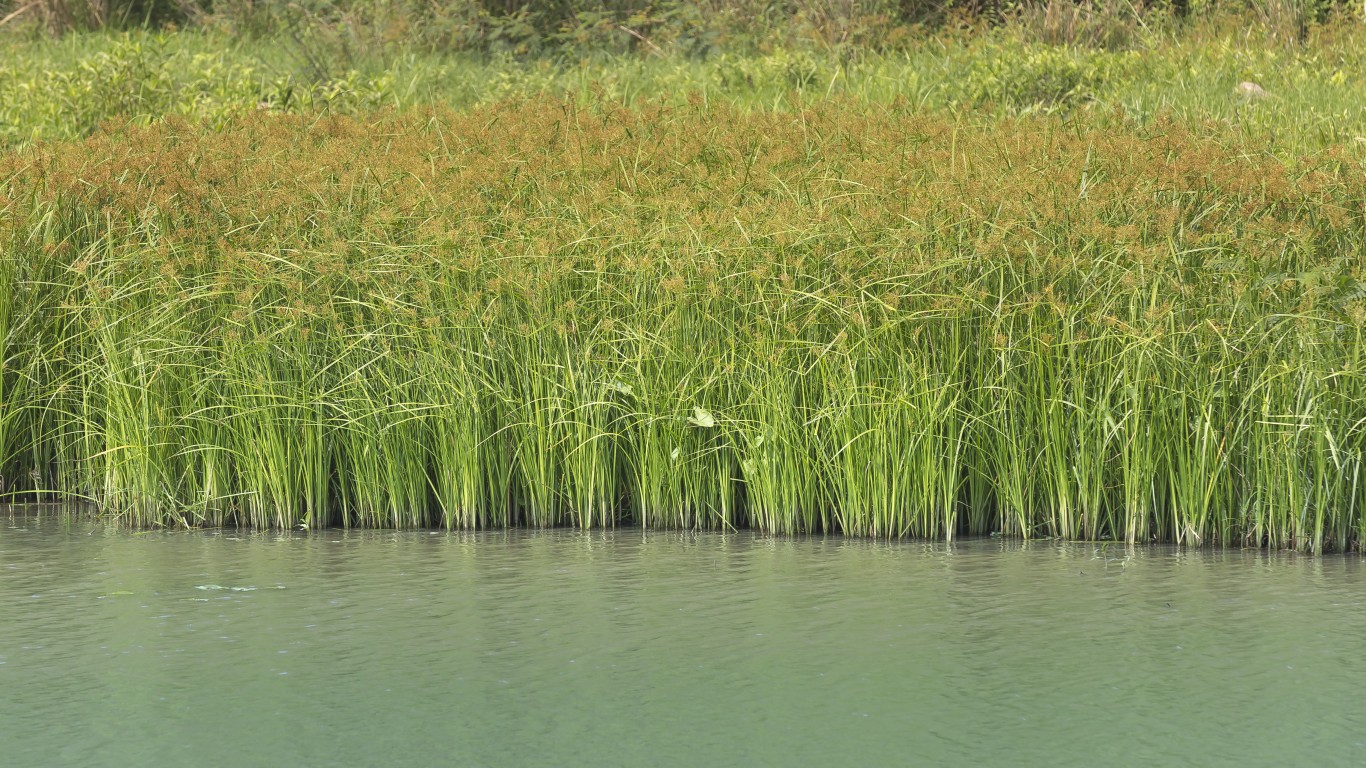
6. Separating debris
Mosquitoes help filter waste, which aids plant life. Mosquitoes also purge decaying insect carcasses by eating them. Mosquitoes make nutrients such as nitrogen that plants feed on to survive.
[in-text-ad]
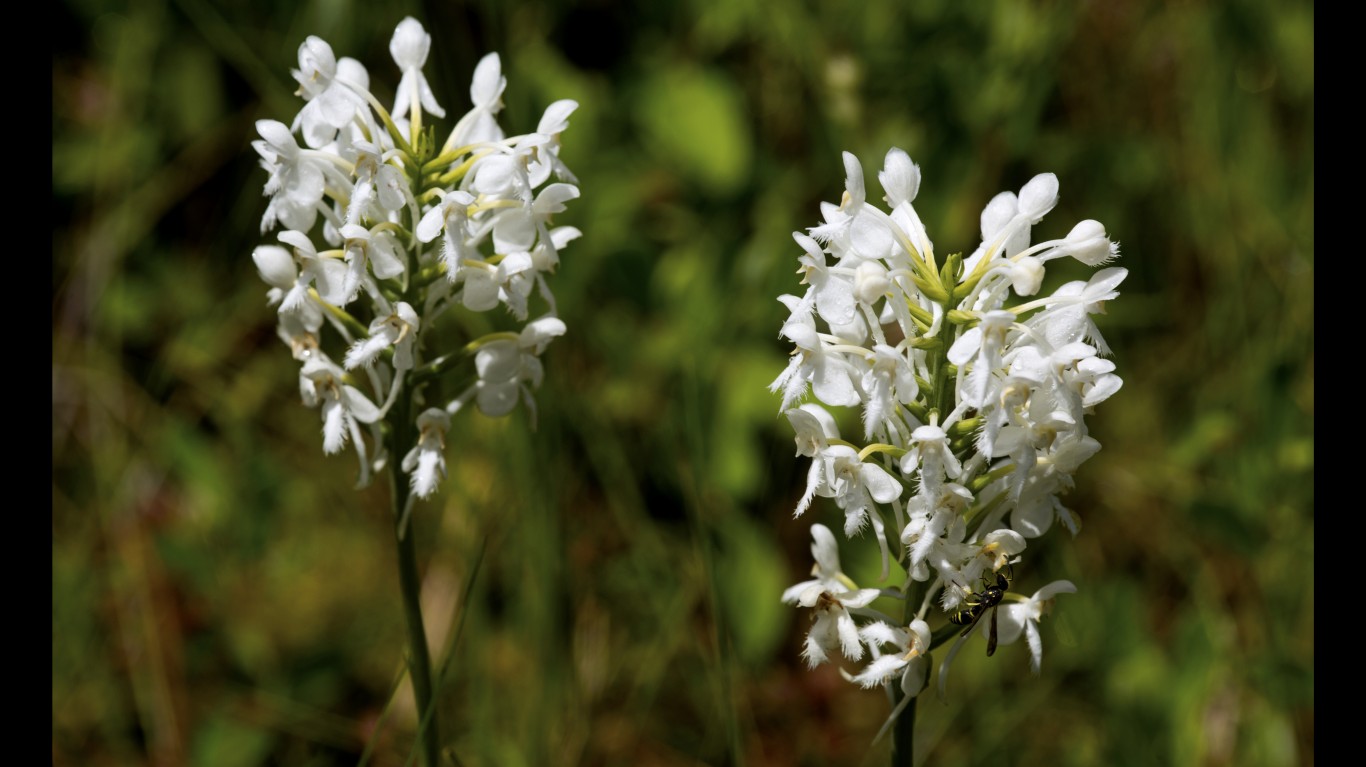
7. Adult mosquitoes pollinate plants
Both male and female mosquitoes depend on nectar for energy. When they retrieve nectar, they pollinate plants, and that helps various types of plants survive and provide shelter for other organisms. This is especially true around wetlands where mosquitoes live most of their lives. Plants such as northern orchids and other flowering plants might be impacted if mosquitoes were eradicated.
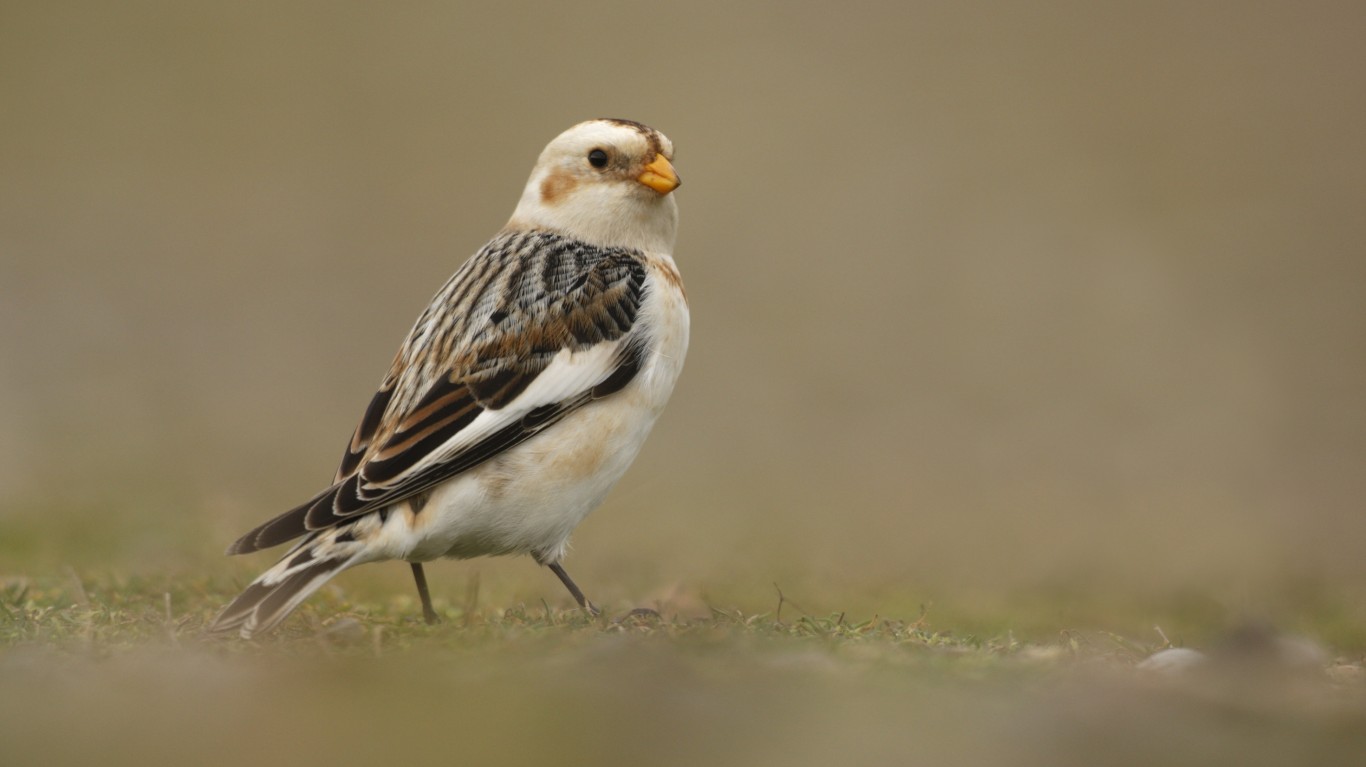
8. Food up the food chain
If we didn’t have mosquitoes, spiders, birds, bats, reptiles, and amphibians would be deprived of a vital food source, according to Besansky,. Mosquitoes swarm in great numbers in the Arctic tundra and birds feed on them. Eradicating mosquitoes would remove them as a food source for birds in that region.

9. Scientific study
Researchers are examining mosquitoes for medical treatments, and are looking at mosquito saliva as a possible treatment for cardiovascular disease, one of the biggest killers of people. Scientists hope the saliva might contain properties that can lead to the development of anti-clotting drugs.
[in-text-ad-2]

10. Caribou and mosquitoes
Mosquito swarms in the Arctic have been a fact of life for caribou for thousands of years. If mosquitoes were eliminated, the hulking animals might alter their migratory patterns, upsetting parts of the Arctic ecosystem. Climate change is impacting the Arctic and already affecting mosquito populations. As temperatures warm there, mosquitoes mature earlier, grow faster, and survive longer.
Credit Card Companies Are Doing Something Nuts
Credit card companies are at war. The biggest issuers are handing out free rewards and benefits to win the best customers.
It’s possible to find cards paying unlimited 1.5%, 2%, and even more today. That’s free money for qualified borrowers, and the type of thing that would be crazy to pass up. Those rewards can add up to thousands of dollars every year in free money, and include other benefits as well.
We’ve assembled some of the best credit cards for users today. Don’t miss these offers because they won’t be this good forever.
Flywheel Publishing has partnered with CardRatings for our coverage of credit card products. Flywheel Publishing and CardRatings may receive a commission from card issuers.
Thank you for reading! Have some feedback for us?
Contact the 24/7 Wall St. editorial team.
 24/7 Wall St.
24/7 Wall St. 24/7 Wall St.
24/7 Wall St.
